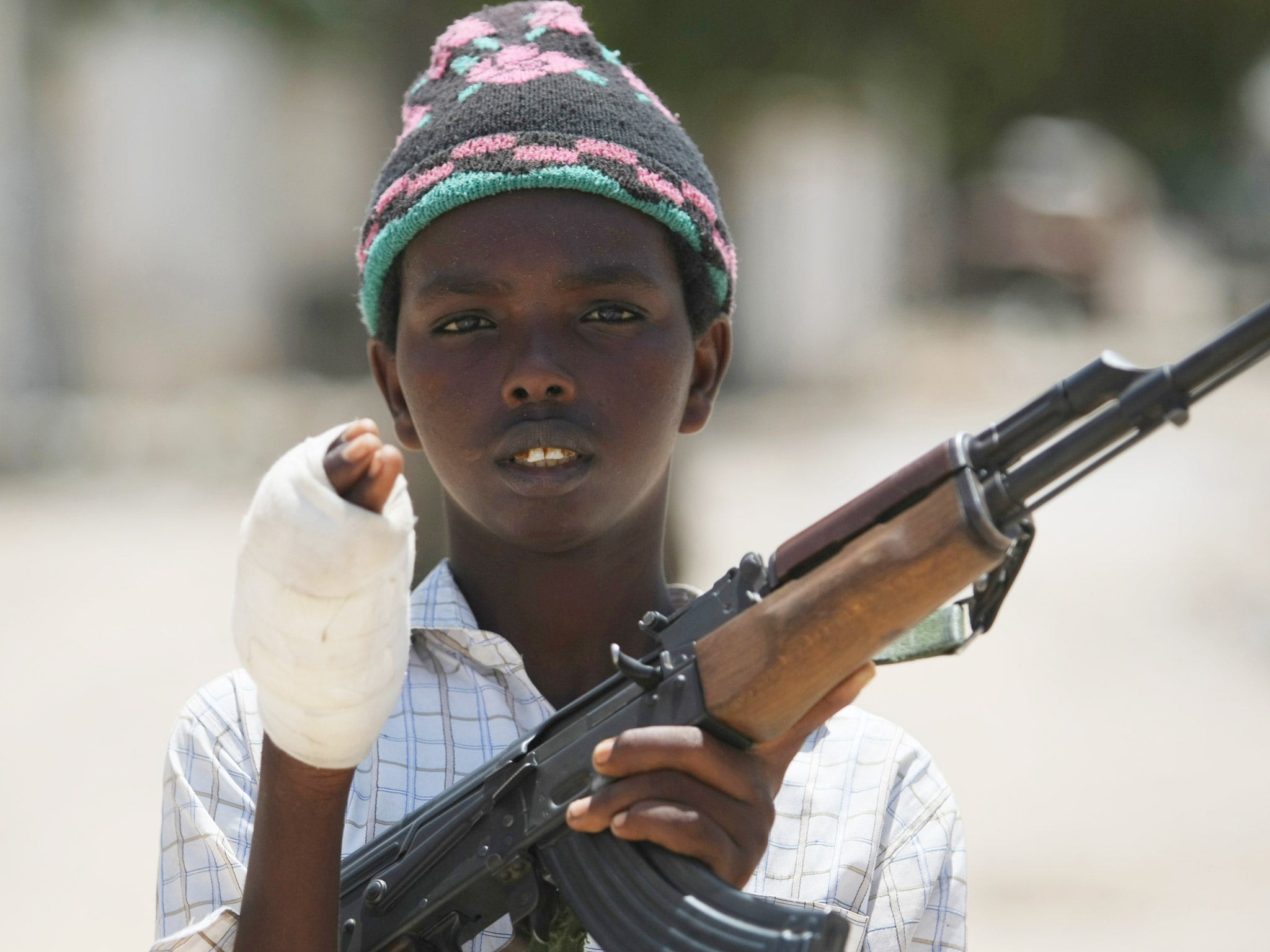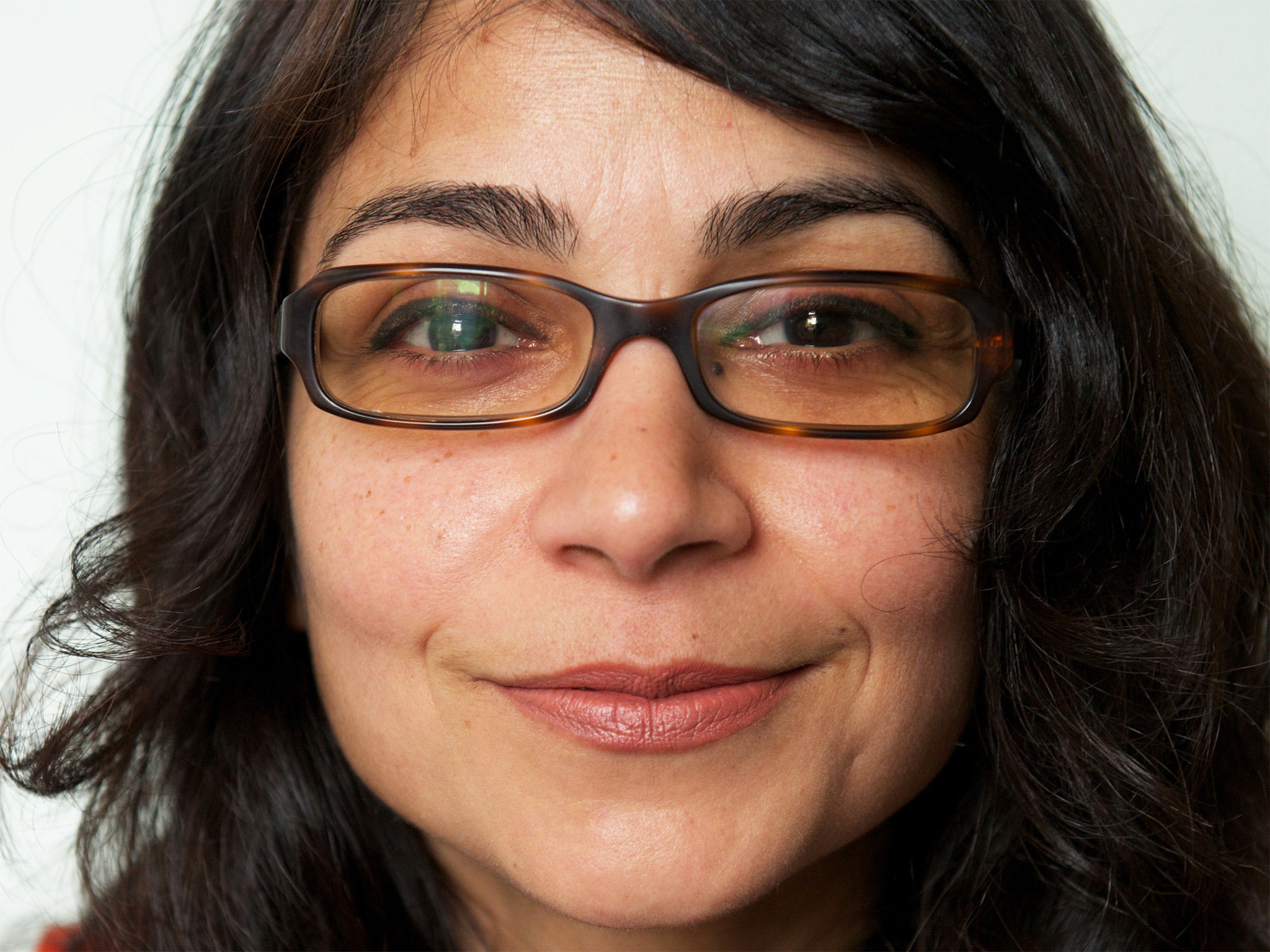US gives military aid to foreign governments using child soldiers
Human rights organisations condemn White House memo ‘waiving’ ban on military aid to the Democratic Republic of Congo, Somalia, Nigeria and South Sudan

The White House has announced it will continue supplying military aid to governments known to use child soldiers, drawing criticism from international human rights organisations.
A presidential memo, published on Tuesday, states it is in the “national interest of the United States” to supply military aid to the Democratic Republic of the Congo (DRC), Nigeria, Somalia, and South Sudan.
In all four nations, international observers have documented numerous instances of the use of child soldiers by government forces - with the exception of Nigeria.
Charu Hogg, Policy and Advocacy Director at Child Soldiers International, said by continuing to supply military aid the US “send[s] the message that child recruitment abuse can be completely sidelined by political considerations.”

She told The Independent that President Barack Obama’s decision renders an 2008 law - implemented by Congress as a powerful tool to curb nations’ use of child soldiers - “almost a toothless exercise.”
The 2008 Child Soldiers Prevention Act prevents the US from giving military aid to nations known to use child soldiers, but a clause allows the law to be “waived” in the national interest.
Somalia, Nigeria and the DRC have all received full waivers, with the President agreeing to “waive in part” South Sudan's supplies, allowing military training - but not the supply of military equipment - to continue.
According to Unicef, an estimated 12,000 child soldiers are believed to be fighting with governmental or rebel forces within South Sudan. Elsewhere, the United Nations identified more than 4,000 cases of girls and boys the DRC recruited by government and non-governmental forces last year. A third of the reported cases involved children under the age of 15.
Yet, Child Soldiers International considers the reported cases to be “the tip of the iceberg given the difficulties in documenting violations.”
Ms Hogg added that by granting “persistent perpetrators” of child soldier recruitment waivers only “undermines the credibility of the Child Soldiers Prevention Act.”
Human Rights Watch advocacy director Jo Becker strongly agreed and said the decision “does not send the right message.”
“We don’t believed that the intent of the law was to continue the flow of military aid to countries using child soldiers.”
Furthermore, in another memo published on the same day, Mr Obama delegates the decision of whether to supply military aid to Yemen - currently in the throes of a brutal civil conflict - to the Secretary of State, in effect allowing the ban on military aid to be lifted at any point in the coming year. A third of all fighters are under the age of 18 according to the latest Unicef estimate.
An estimated quarter of a million children are used as soldiers worldwide, often causing destabilising long-term effects on the abused individuals and leaving their societies fractured as a result.
Join our commenting forum
Join thought-provoking conversations, follow other Independent readers and see their replies
Comments
Bookmark popover
Removed from bookmarks